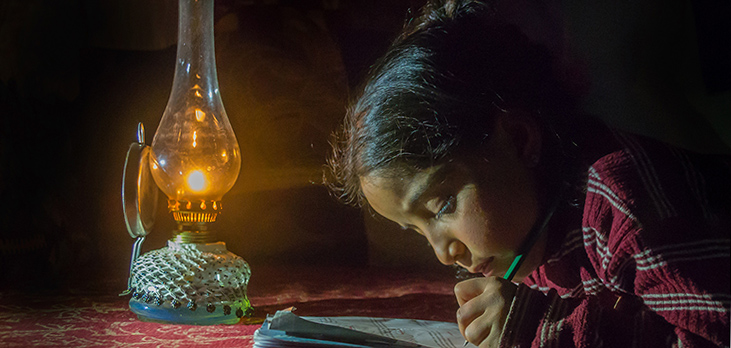The word ‘proposal’ literally means “an act of putting forward or stating something for consideration”. This relates to business proposals, marriage proposals, legal proposals, and research proposals in addition to project proposals.
In the non-profit world, a proposal is a document with which an NGO puts forward a specific project to a donor for funding consideration. Thus, a proposal is a tool for NGOs to gain funding, and for donors to decide who to fund. In other words, a project proposal explains the plan and purpose for the set of activities an NGO wishes to implement, and requests funding from a donor.
While the basic parts of a proposal are fairly standardized, every proposal is unique. Each NGO, project, and donor is different, so good project proposals take all of these factors into account. Additionally, each donor may have their own application requirements to include.
While a good proposal is often essential to securing a grant, it is only one piece of the larger application process. Even before putting pen to paper, creating a good project to write about requires a lot of background research and planning.
So why do NGOs have to spend so much time and effort away from their projects to write proposals?
Why write a proposal?
A project proposal does more than just secure grants. The process of drafting a proposal helps NGOs plan a project from the idea stage to reality. It provides a way to flesh out, explain, test, prove, critique, and share the project details. Additionally, donors pay great attention to the contents of the proposal. Donors cannot read your mind, and very few are able to visit the project site of every applicant. So, donors have to make do with the information they receive in the proposal and learn to read between the lines.
Beyond project details, donors read proposals to answer questions such as:
- Does the NGO have the capacity to implement the project?
If an NGO does not have the capacity to write a good proposal, it may not have the capacity to run a good project. - Can the NGO be trusted?
NGOs who trust donors with honest and transparent explanations of project costs, risks, and weaknesses are more likely to be trusted in return. - Are all partners and officers on the same page?
Inconsistencies in the proposal may indicate that there is a lack of coordination within the NGO. - Will the NGO be a good communicator?
Communication is vital to relationships. Donors see spelling, grammar, tone of voice, and clarity in proposals as a reflection of future communications. - Will the NGO make a good partner?
Donors look to see if you have researched them, to understand their needs, and to pay attention to application instructions. - Will the NGO still be around in five or ten years?
The NGO’s history, current resources, and long-term vision help donors determine if the NGO will be a long-term player in the development field.
A project proposal can say many things, not all of which are intentional.
Additional proposal resources
- Before Writing the Proposal
- Is it important to know and understand the donor before writing a proposal?
- Parts of a Proposal
- Common Proposal Abbreviations
- Common Terms in Proposal Writing
- How to Write a Proposal
- The Ultimate Checklist for Proposal Writing
- Sample Proposal
Writing a winning proposal – What´s the trick???
A great proposal is a key to successful fundraising. But what makes a proposal great? And what are the donors looking for?
In this video, our expert Eva Wieners shares her knowledge with you and gives you an inside view into the working of donors.
In this online course, you will learn:
- What is a project proposal
- What are the most important parts of a project proposal
- Who should work on the project proposal
- What do you have to look out for before submitting a proposal
- How can you streamline your proposal to make sure there is a red threat
- How to deal with rejection
- What to do when your proposal is successful

